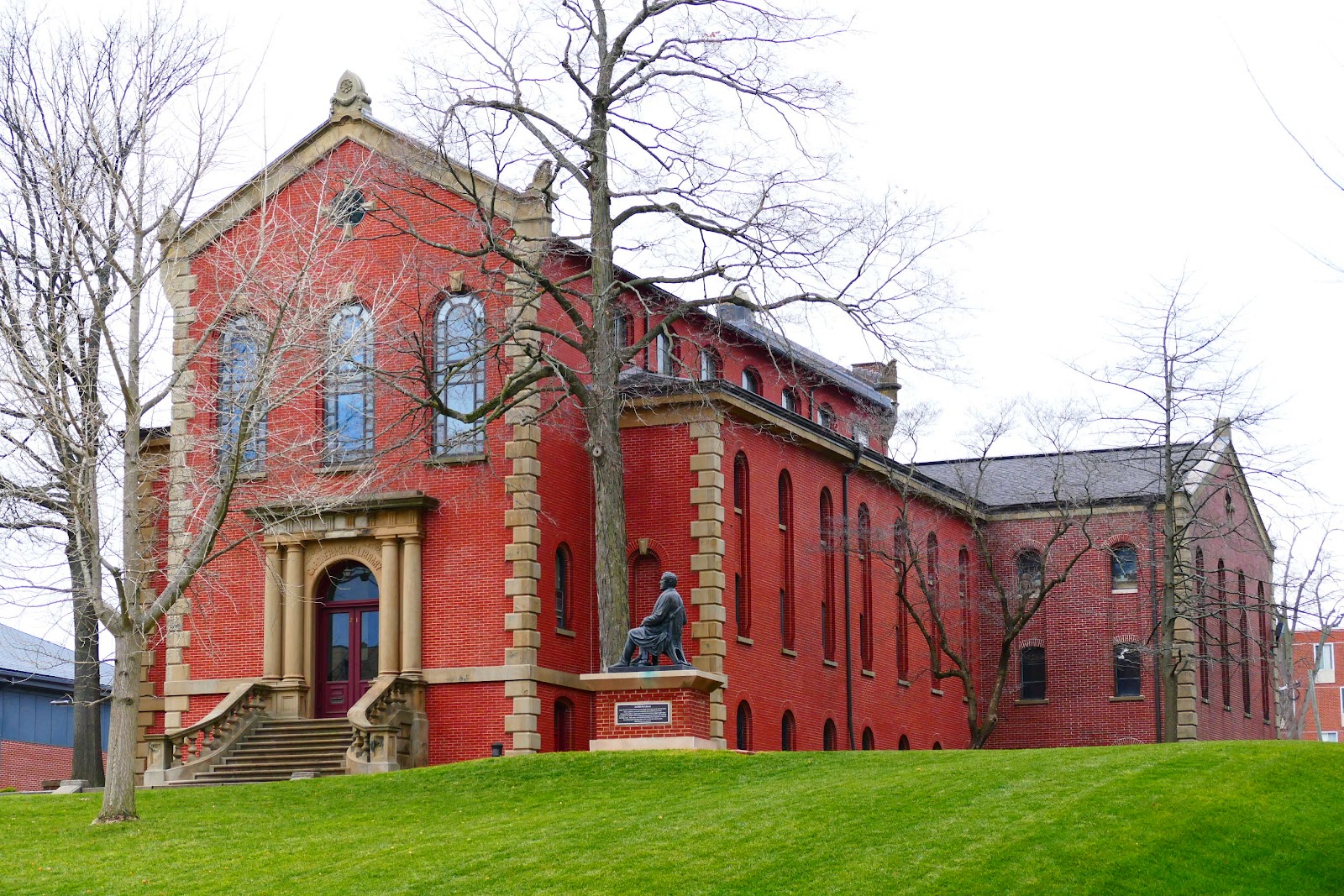Hotline for National Substance Abuse Support
24/7 Support Available, Confidential and Free of Charge
Best Alcohol & Drug Rehab Treatment Centers in New Brunswick, New Jersey
As a central hub for healthcare and treatment options in the state, our city faces many challenges when it comes to substance abuse and addiction. The New Brunswick community has been greatly impacted by the opioid epidemic, with a high rate of overdose deaths and individuals seeking treatment for addiction.
Our website aims to provide crucial information and resources for those struggling with drug addiction in New Brunswick. Here, you will find local facts and statistics about substance abuse, as well as an in-depth look at the various treatment options available in our area. We understand that each person's journey to recovery is unique, and our goal is to help individuals and their loved ones find the best path towards healing.
New Brunswick has a range of treatment facilities, from outpatient programs to residential rehabilitation centers. Our website provides a comprehensive list of these options, as well as their locations and contact information, to help individuals make informed decisions about their treatment. We also have information on support groups and counseling services in the area, which are valuable resources for ongoing recovery.
We believe that overcoming addiction requires support from both personal and community connections. Our website showcases local success stories and profiles of individuals who have conquered addiction in our city. We hope that these stories will inspire and motivate others who are facing similar struggles, knowing that they are not alone in their journey towards a healthier and happier life.
In addition to presenting traditional treatment options, our website also highlights unique information about addiction and recovery in New Brunswick. This includes specific resources for different demographics such as adolescents, the LGBTQ+ community, and veterans, as well as specialized programs that focus on cultural sensitivity and diversity.
Our website also features a blog section, where we regularly publish articles and resources on the latest developments in addiction treatment, as well as events and initiatives happening in the local community. We are committed to serving as a reliable source of information and support for those in New Brunswick seeking help with drug addiction.
Finally, we want to extend a message of hope to those who are struggling with addiction or supporting a loved one through recovery in our city. Recovery is possible, and we are here to help you every step of the way. Thank you for visiting our website, and we hope it provides valuable insight and resources for your journey towards a drug-free life in New Brunswick, New Jersey. Ready to explore more treatment centers and take the next step towards recovery? Click here to discover range of options and find the support you need on your journey to wellness. Your path to healing starts now.
Featured Treatment Centers




Upcoming Meetings in Next 90 Minutes
Discover AA meetings to support your journey to recovery. Our extensive directory covers open, closed, speaker, and specialized meetings—all crafted to aid in your sobriety journey and sustained recovery.
